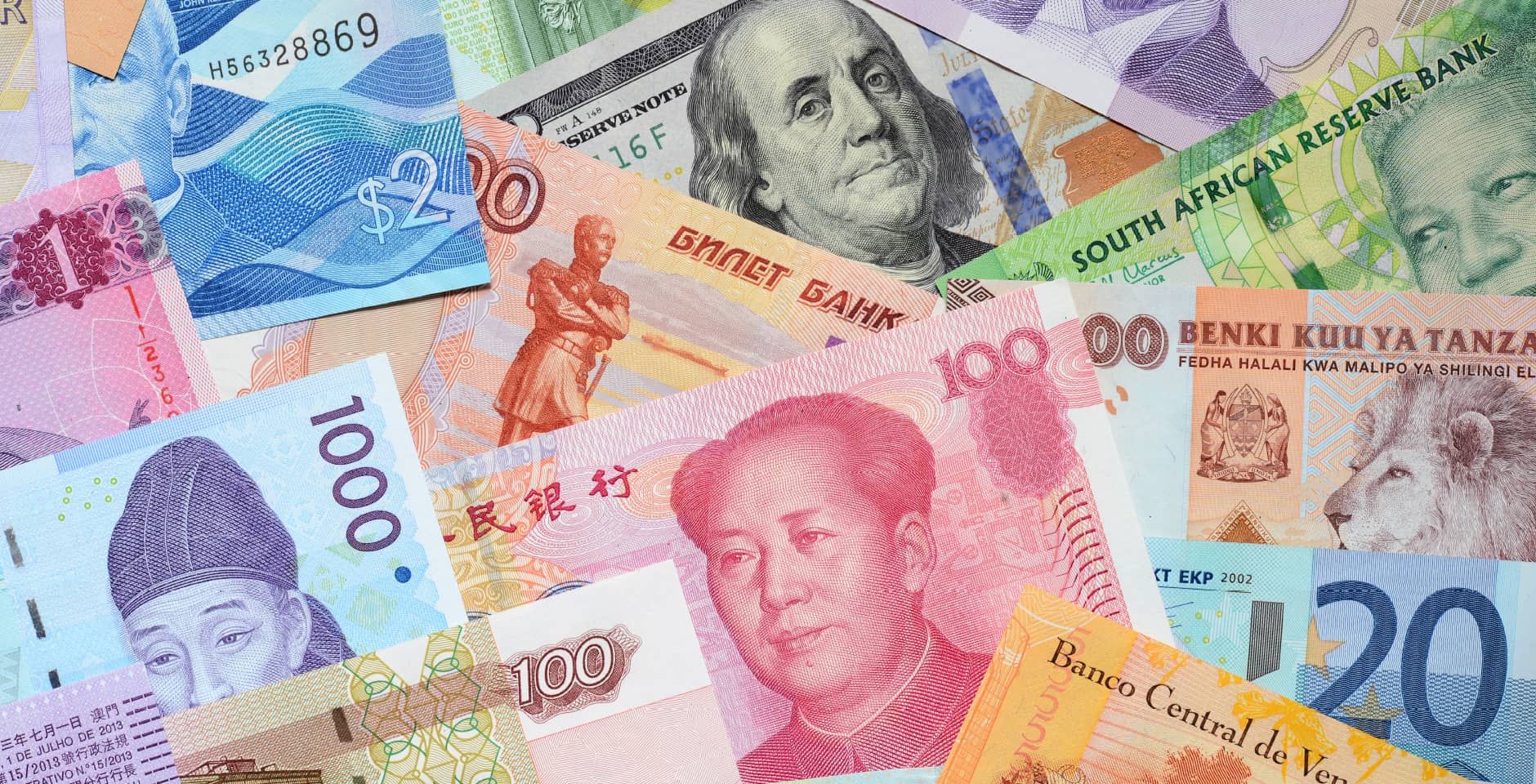Enormous funds are required to address global challenges such as climate change. In addition to national efforts like carbon taxes and emissions trading, Chika Mochizuki is exploring the potential of a global tax as an International Solidarity Levy.
Mechanisms of Collecting Taxes on a Global Scale
While globalization has driven economic and industrial development, it has also exacerbated global challenges such as poverty, human rights issues, the spread of infectious diseases, educational disparities, and shortages of food and water, including the issues surrounding climate change and global warming. “To tackle these global challenges, massive funding is required. Despite the increasing need, the funding available is far from sufficient,” notes Chika Mochizuki, a scholar specializing in international taxation. Particularly, international estimates suggest that tackling climate change alone requires about 800 billion dollars annually. This figure significantly exceeds the funds needed for other Sustainable Development Goals (SDGs), such as extreme poverty, international health, primary and secondary education, food security, and safe water and sanitation.
As a new means of raising the necessary funds on a global scale, Mochizuki and colleagues are focusing on “global taxes,” which tax economic activities that cross borders or are globally held assets. “The idea of global taxes was already proposed as early as the late 19th century,” Mochizuki explains. However, there are significant barriers to its implementation. “Taxation rights traditionally belong to national sovereignty, and internationally needed funds have only been raised through nations exercising their taxation rights to collect taxes and contribute to international aid such as Official Development Assistance (ODA).”
In the 2000s, the concept of global taxes materialized, introducing innovative funding methods. “This includes the ‘International Solidarity Levy.’ It involves taxing sectors benefiting from globalization, such as international aviation and finance, and using the revenue to fund global challenges.” One example is the ‘air ticket solidarity levy,’ which taxes airfares and uses the funds to provide medications in developing countries through the international drug purchase facility UNITAID. Introduced by France in 2006, this tax is now implemented in about a dozen countries.

Parallel Carbon Pricing and Cross-National Taxation for Decarbonization
Meanwhile, as an economic method to address global warming, 'Carbon Pricing' is already being introduced in various countries. “Carbon pricing involves setting a price on carbon, which constitutes a significant portion of greenhouse gases (GHGs), and imposing economic burdens on enterprises that emit them. There are mainly two methods: ‘emissions trading,’ which sets a cap on the amount of carbon that can be emitted, allowing those who exceed their limits to buy allowances from others; and ‘carbon tax,’ which involves taxing carbon emissions at prices set by each country.” Both methods aim to encourage enterprises and individuals towards decarbonization.
However, these alone are insufficient for raising adequate funds. “Efforts continue to create mechanisms to raise funds across nations while promoting decarbonization through carbon pricing,” Mochizuki remarks, citing the Green Climate Fund (GCF). The GCF is an international financial mechanism designed to support GHG emission reduction efforts in developing countries. It encompasses contributions from both developed and developing nations, such as the USA, UK, Japan, South Africa, Pakistan, and Kenya. Discussions are also advancing on creating new funds for supporting developing countries, including ideas for the International Solidarity Levy such as an ‘International Carbon Tax’ and ‘Clean Development Mechanism (CDM) tax.’
EU’s Introduction of Carbon Border Tax Aiming for Global Tax
Recently, the European Union (EU), a leader in addressing environmental issues, has embarked on new measures: carbon border tax. “In 2022, the EU introduced ‘Carbon Border Adjustment Measures (CBAM),’ which effectively impose tariffs on imports from countries with lax environmental regulations. Initially targeting six products—steel, cement, aluminum, fertilizers, electricity, and hydrogen—it mandates import businesses to report. The primary goal is to prevent ‘carbon leakage,’ where companies relocate to other countries to escape strict environmental regulations, but there is also an intention to spread the EU’s decarbonization efforts globally,” explains Mochizuki.
In Japan, the Global Warming Countermeasure Tax was introduced in 2012, and efforts towards environmental issues are progressing. While the concept of ESG investments is gradually permeating companies, understanding decarbonization efforts is still at an early stage.
“To advance decarbonization globally, including in developing countries, a global tax as an International Solidarity Levy will indeed be necessary,” Mochizuki emphasizes. The idea is establishing international organizations and funds to collect and manage International Solidarity Levies across nations. “This will require various rules and agreements such as governance mechanisms that allow more countries to participate. It’s still a long road ahead to realization,” Mochizuki concludes, committed to continuing the research.